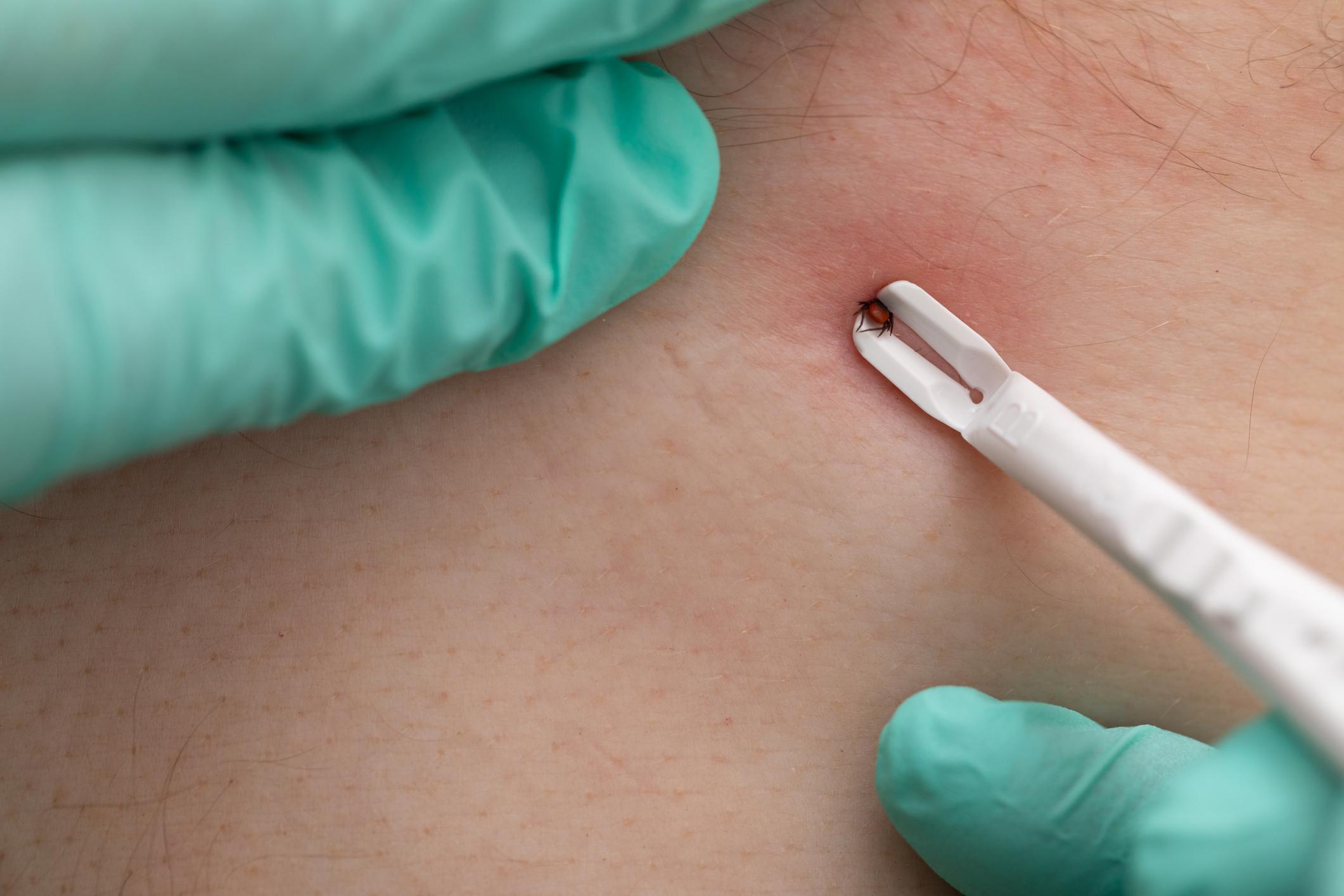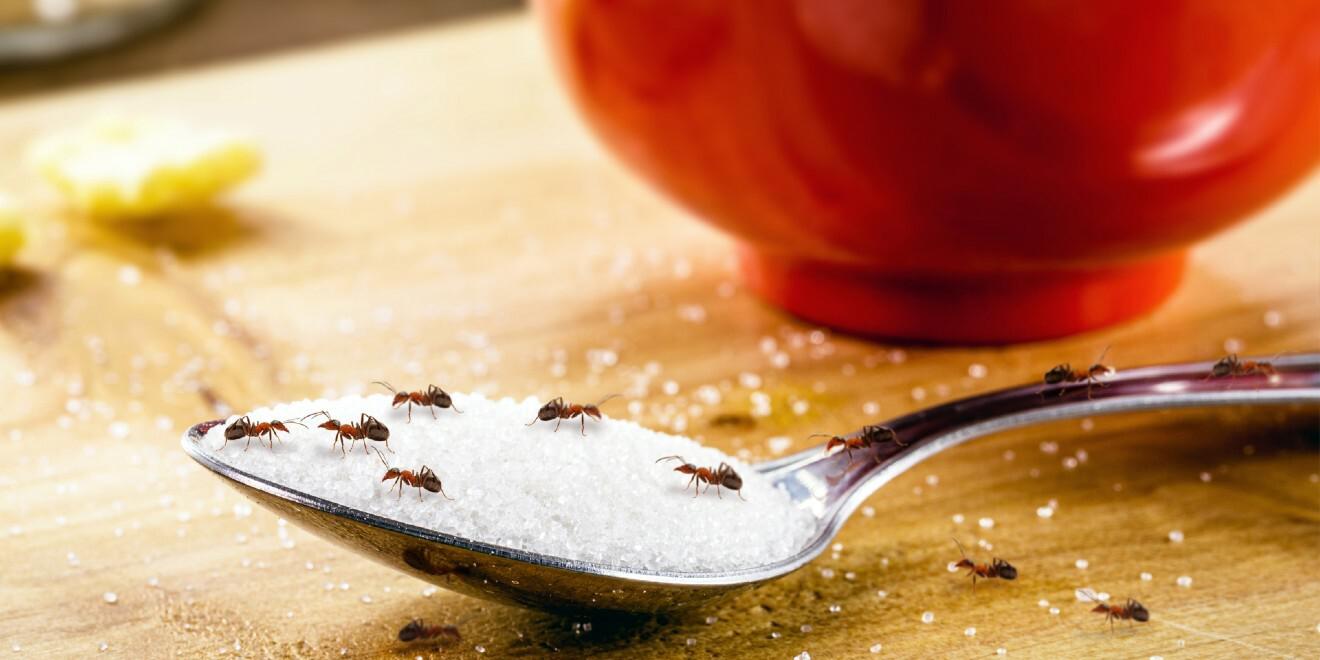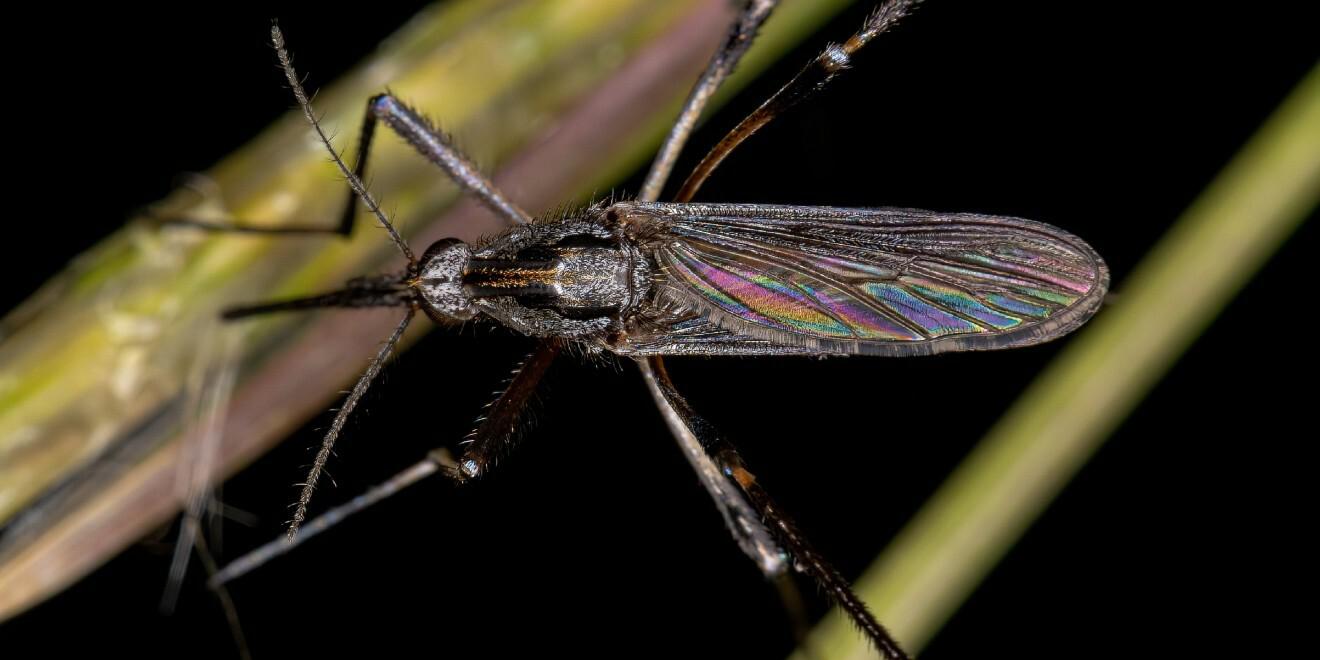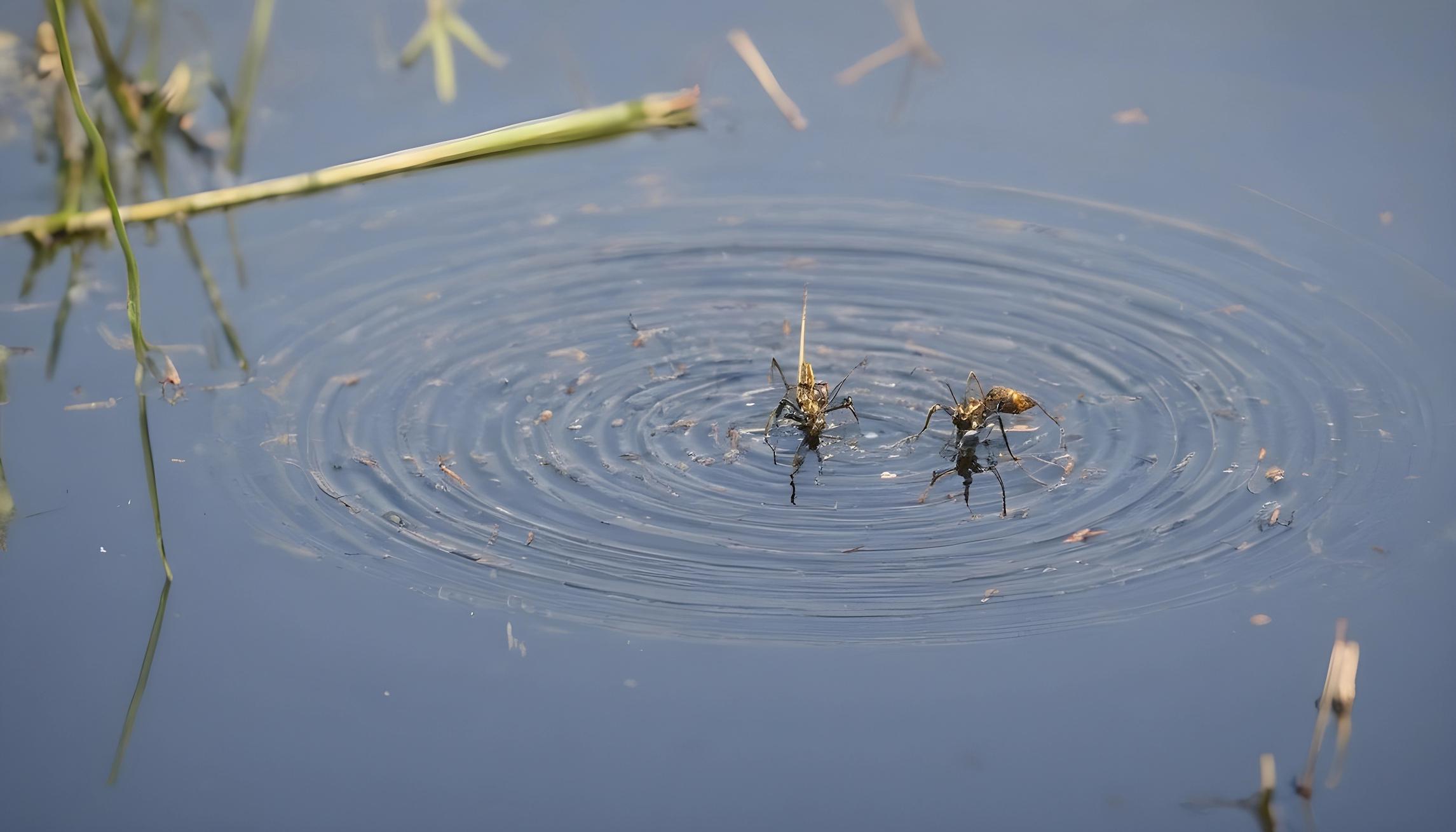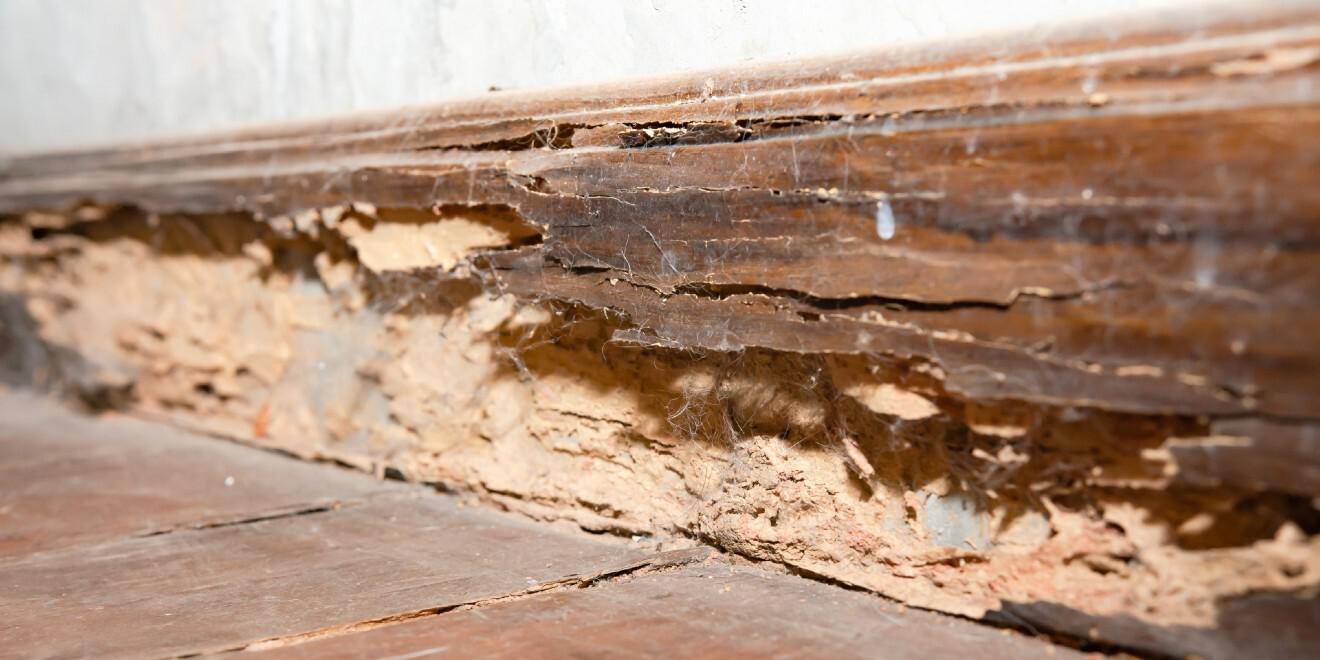Fact Check: Are Those Really Tick Eggs?
Posted by Mosquito Squad
July 7, 2017

We often see misinformation floating around the Internet, so when it applies to mosquitoes or ticks, we feel it is our duty to share with you the truth. Almost annually, a singular picture floats around Facebook warning people that if they see this item in the woods, they should burn it because it is tick eggs. The picture does not represent tick eggs at all, so what do tick eggs look like?
We rely on only the best sources for the latest tick related information. The Tick Encounter Resource Center is one of our favorites. Check out the difference between tick eggs and the supposed tick eggs pictured to the right:
You’ll notice real tick eggs are smaller, brown/tan/orange in color. There are no known tick species to lay eggs that are black/purple and as large as what is pictured. While we hate to speculate on what that picture actually is, we can assure you, it is not tick eggs, and you might want to leave it be, or if it is in your yard, scoop it up with a shovel and dispose of it as you would other yard waste.
Southeastern Massachusetts Tick Eggs 
It is quite possible for you to come across tick eggs on the forest floors of Southeastern Massachusetts. An adult female tick will use its last blood meal for the nourishment needed to lay approximately 1500-2000 eggs before she dies. Typically laid in leaf litter, the eggs will remain there until hatching into larvae where they will attach themselves to a small rodent or bird for their first blood meal. From larvae to nymph to adult, the tick will have a blood meal at each phase to molt into the next.
Often the very first blood meal is when a tick is infected with Borrelia burgdorferi, the bacteria that causes Lyme disease as mice often carry it. Destroying tick eggs should you come across them is a great way to lower risks for Lyme and lower the tick population, we just want you to be fully aware of what to look for if you are on the hunt for tick eggs.
Tick Control Services for Your Southeastern Massachusetts Home
At Mosquito Squad of Southeastern Massachusetts. we strive to not only reduce as many ticks as possible but do it in early phases to combat the spread of Lyme and other tick-borne diseases. Our tick tubes provide treated nesting material to mice, so when these larvae attach to them, they are eliminated in the rodent’s nest. Tick tubes are the most effective way to prevent future generations of ticks on your property. Call today at (774) 234-4611 or contact us online to learn more about our season-long tick treatment programs.










